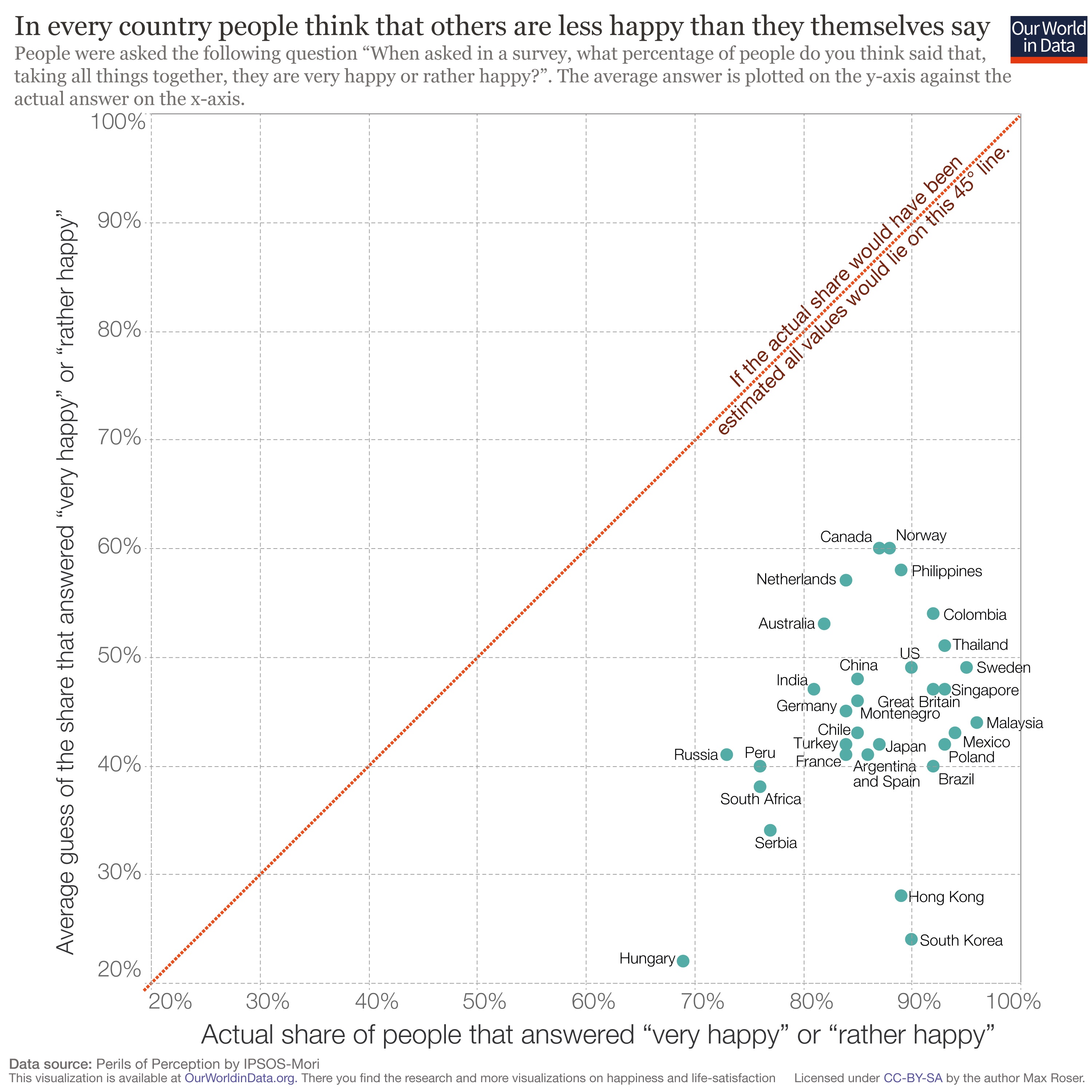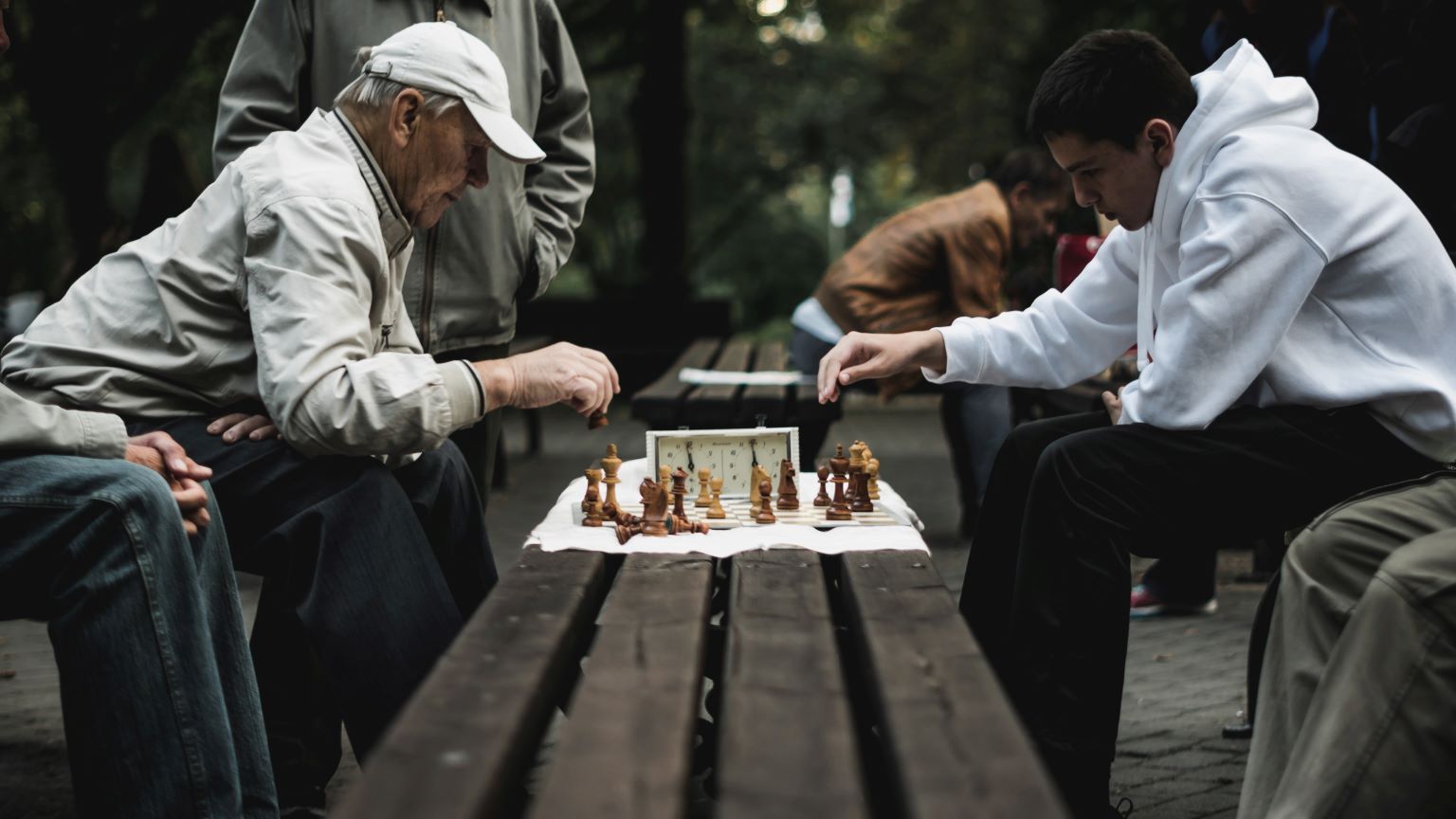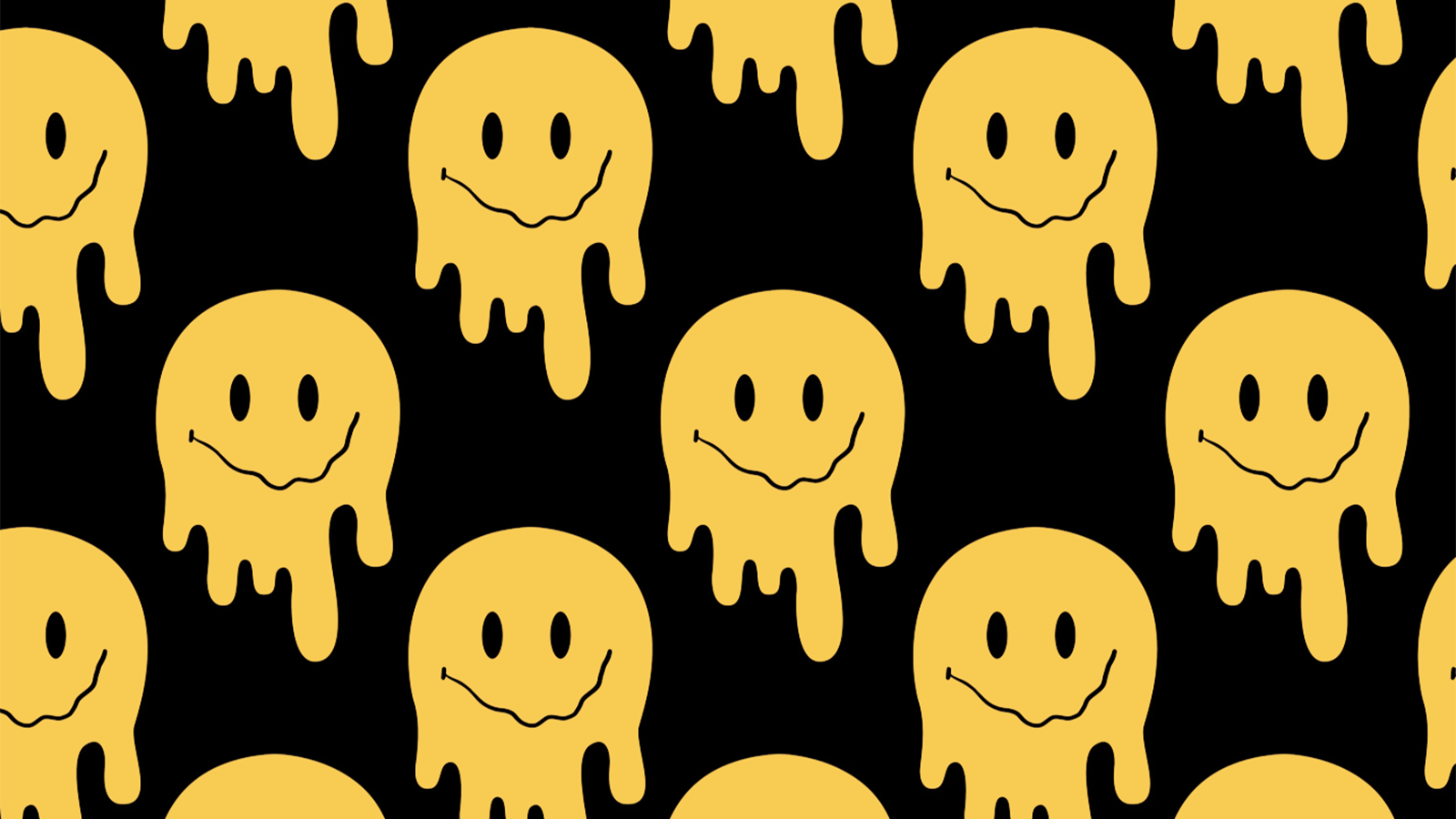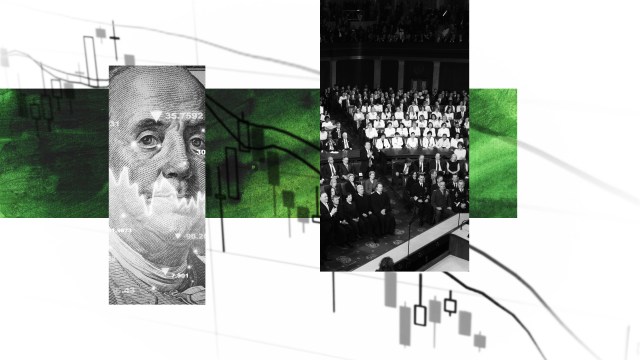Collective pessimism and our inability to guess the happiness of others

We tend to underestimate the average happiness of people around us. The visualization shown demonstrates this for countries around the world, using data from Ipsos’ Perils of Perception—a cross-country survey asking people to guess what others in their country have answered to the happiness question in the World Value Survey.

The horizontal axis in this chart shows the actual share of people who said they are ‘Very Happy’ or ‘Rather Happy’ in the World Value Survey; the vertical axis shows the average guess of the same number (i.e. the average guess that respondents made of the share of people reporting to be ‘Very Happy’ or ‘Rather Happy’ in their country).
If respondents would have guessed the correct share, all observations would fall on the red 45-degree line. But as we can see, all countries are far below the 45-degree line. In other words, people in every country underestimated the self-reported happiness of others. The most extreme deviations are in Asia—South Koreans think that 24% of people report being happy, when in reality 90% do.
The highest guesses in this sample (Canada and Norway) are 60%—this is lower than the lowest actual value of self-reported happiness in any country in the sample (corresponding to Hungary at 69%).
Why do people get their guesses so wrong? It’s not as simple as brushing aside these numbers by saying they reflect differences in ‘actual’ vs. reported happiness.
One possible explanation is that people tend to misreport their own happiness, therefore the average guesses might be a correct indicator of true life satisfaction (and an incorrect indicator of reported life satisfaction). However, for this to be true, people would have to commonly misreport their own happiness while assuming that others do not misreport theirs.
And people are not bad at judging the well-being of other people who they know: There is substantial evidence showing that ratings of one’s happiness made by friends correlate with one’s happiness, and that people are generally good at evaluating emotions from simply watching facial expressions.
An alternative explanation is that this mismatch is grounded in the well-established fact that people tend to be positive about themselves, but negative about other people they don’t know.It has been observed in other contexts that people can be optimistic about their own future, while at the same time being deeply pessimistic about the future of their nation or the world. We discuss this phenomenon in more detail in an entry on optimism and pessimism, specifically in a section dedicated to individual optimism and social pessimism.
Republished under a Creative Commons BY license from Our World In Data. Read the original article.





